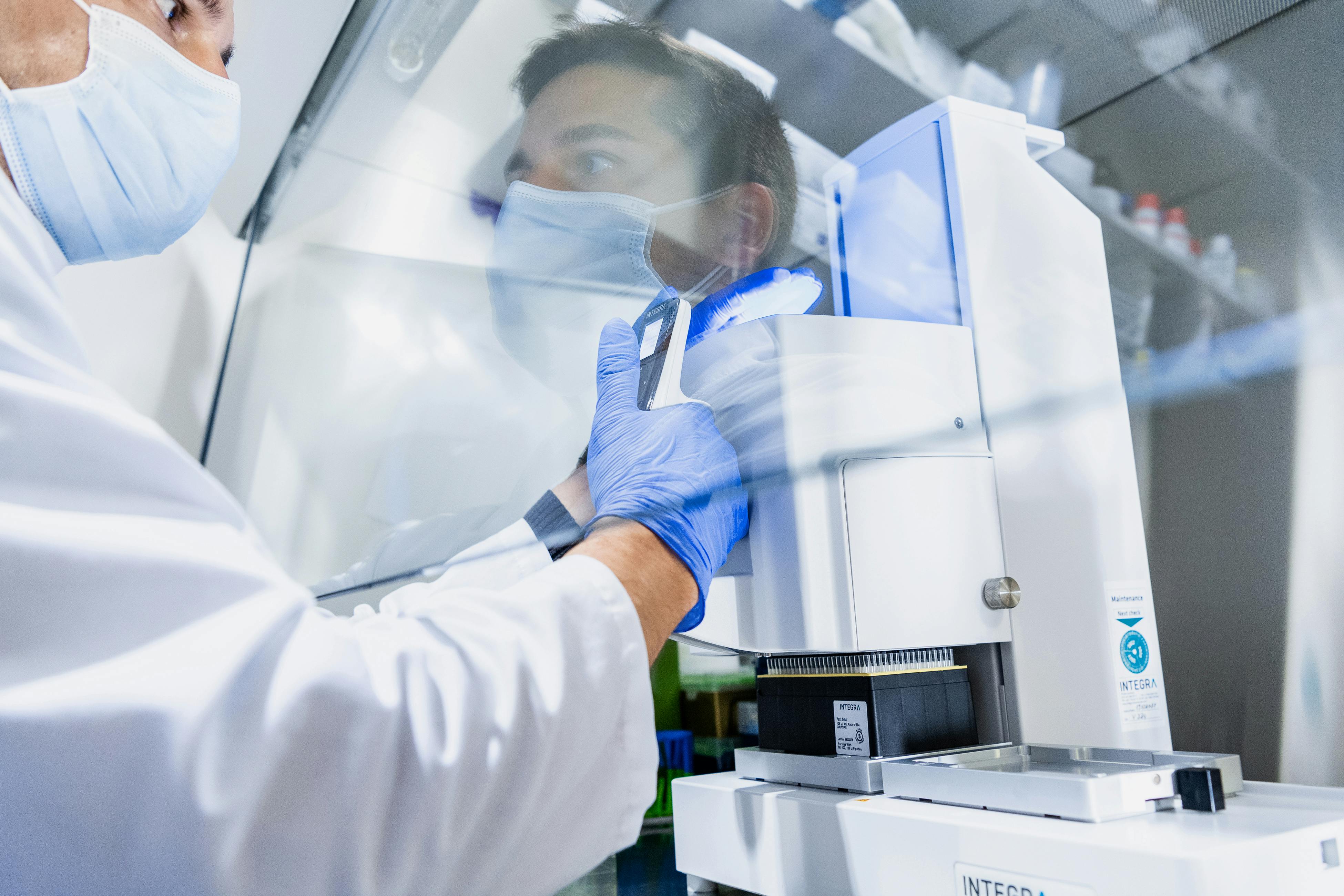
Precision medicine for children and adults with blood cancer
The INTeRCePT project focuses on children and adults who are suffering from aggressive forms of blood cancer. The research consortium headed by Thorsten Zenz develops forms of treatment that are designed to match the individual characteristics of the patients. Using precision medicine, the aim is to increase the proportion of people who respond to drugs by 50 percent.
Contact
Professor Thorsten Zenz MD
Chief of Service at the Department of
Medical Oncology and Hematology
at University Hospital Zurich
Professor in the Faculty of Medicine
of the University of Zurich
+41 44 255 37 82
E-Mail
UMZH institutions
University of Zurich
University Hospital Zurich
ETH Zurich
University Children’s Hospital Zurich
Team
>
More precise treatments for aggressive forms of blood cancer
When Professor Thorsten Zenz returns to his office on floor D of the main building after his daily visit to University Hospital Zurich, he is full of a mixture of emotions. Some patients who have undergone chemotherapy can be discharged from the hospital with a good prognosis. In some cases, however, the Chief of Service for Hematology has to tell patients that their chances of a cure are slim.
Giving patients bad news is a difficult and distressing job for Zenz. Hopes are destroyed and dreams burst like soap bubbles. As he explains: «The blood cancer patients have often undergone several cycles of intensive and unpleasant treatment. In many cases this is successful for a certain period, but unfortunately we know that, if the cancer returns, the prognosis is sometimes very poor.»
The UMZH INTeRCePT project, run by a research consortium headed by Professor Zenz, aims to change this. It focuses on children and adults with aggressive blood cancers, such as lymphomas, which are caused by abnormal cells in the lymph nodes or bone marrow. Patients with acute lymphoblastic leukemia, which is particularly common in children up to the age of five, are also at the heart of the project.
Exploiting the potential for improvements
«We already have a wide range of new cell therapies at our disposal, including genetically modified ones,» explains Zenz, «and we are making use of the whole spectrum.» This is a positive development, but the physician believes that there is clear potential for improvement. The research group would like to gain a better understanding of which drugs are most effective for which disease. Their goal is to establish rules for the use of therapies that will significantly improve patients’ chances of recovery. The system needs to take into account the specific circumstances of each individual, making it a prime example of precision medicine. The aim is to increase the proportion of patients who respond to drugs by 50 percent.
The INTeRCePT project is intended to last for five years. The first three years will be spent carrying out research into the basic principles before starting a clinical trial. Initially, tissue and blood samples will be studied in the laboratory and used to test different drugs. The analysis will take place at an extremely high resolution down to the level of individual cells, with the aim of enabling the researchers to discover exactly how the cells react to the individual active ingredients.
Biomarkers will predict whether a patient will respond to a therapy
The partners in the INTeRCePT project include University Hospital Zurich, the University of Zurich and ETH Zurich, plus University Children’s Hospital Zurich and the European Molecular Biology Laboratory (EMBL) in Heidelberg. The pediatric oncologist Professor Jean-Pierre Bourquin from the children’s hospital is confronted with the same problems as Zenz every day. When the treatments available for a child with cancer run out, this has a huge impact on the whole family. Younger doctors such as Marco Roncador, a resident physician in the field of hematology who works with Thorsten Zenz, are also faced with sad realities of this kind with their adult patients. As he explains: «No doctor can rest while there are still patients that cannot be helped.»
Tobias Wertheimer is another physician who works at the Institute of Experimental Immunology at the University of Zurich. The team of immunologists investigates the interactions between immune cells and cancer cells with and without drugs in the laboratory. The researchers aim to identify biomarkers that will allow them to predict whether a certain patient will respond to a therapy.
Data that can help other cancer sufferers
A bioinformatics team from ETH Zurich will be responsible for collecting and analyzing the data. This is a very important aspect of the work because patients suffering from other forms of cancer will also be able to benefit from the results of the INTeRCePT project in the future.
Listen
Thorsten Zenz (Audio file in German)
«Our understanding of why certain drugs do not work in the same way for all patients is constantly improving»
Professor Thorsten Zenz MD is Chief of Service at the Department of Medical Oncology and Hematology at University Hospital Zurich and a professor in the Faculty of Medicine at the University of Zurich.
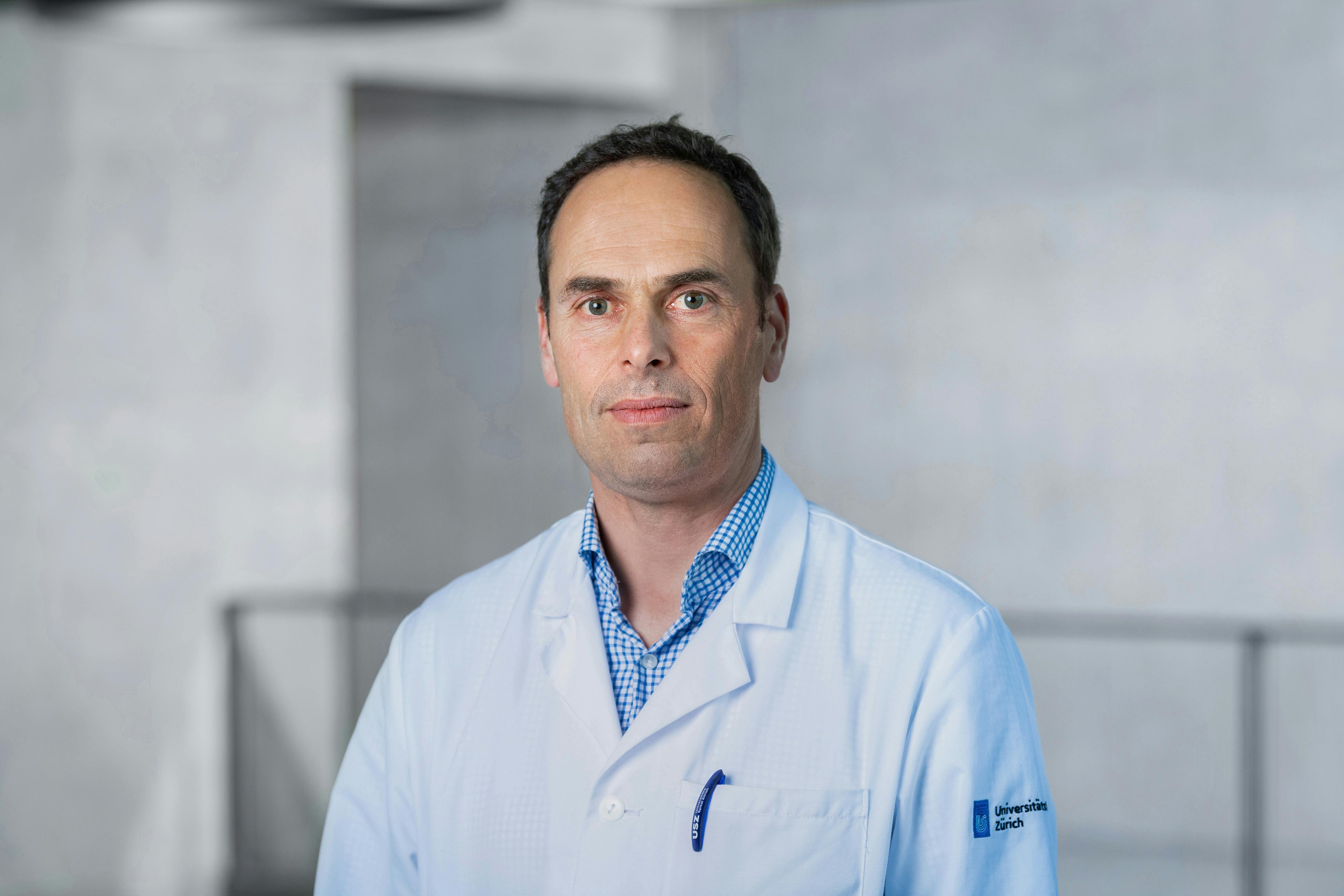
Marco Roncador (Audio file in English)
«The key feature of the project is the cooperation between the different institutions and the opportunity to share experiences»
Dr. Marco Roncador MD is a Resident Physician in Hematology at University Hospital Zurich.
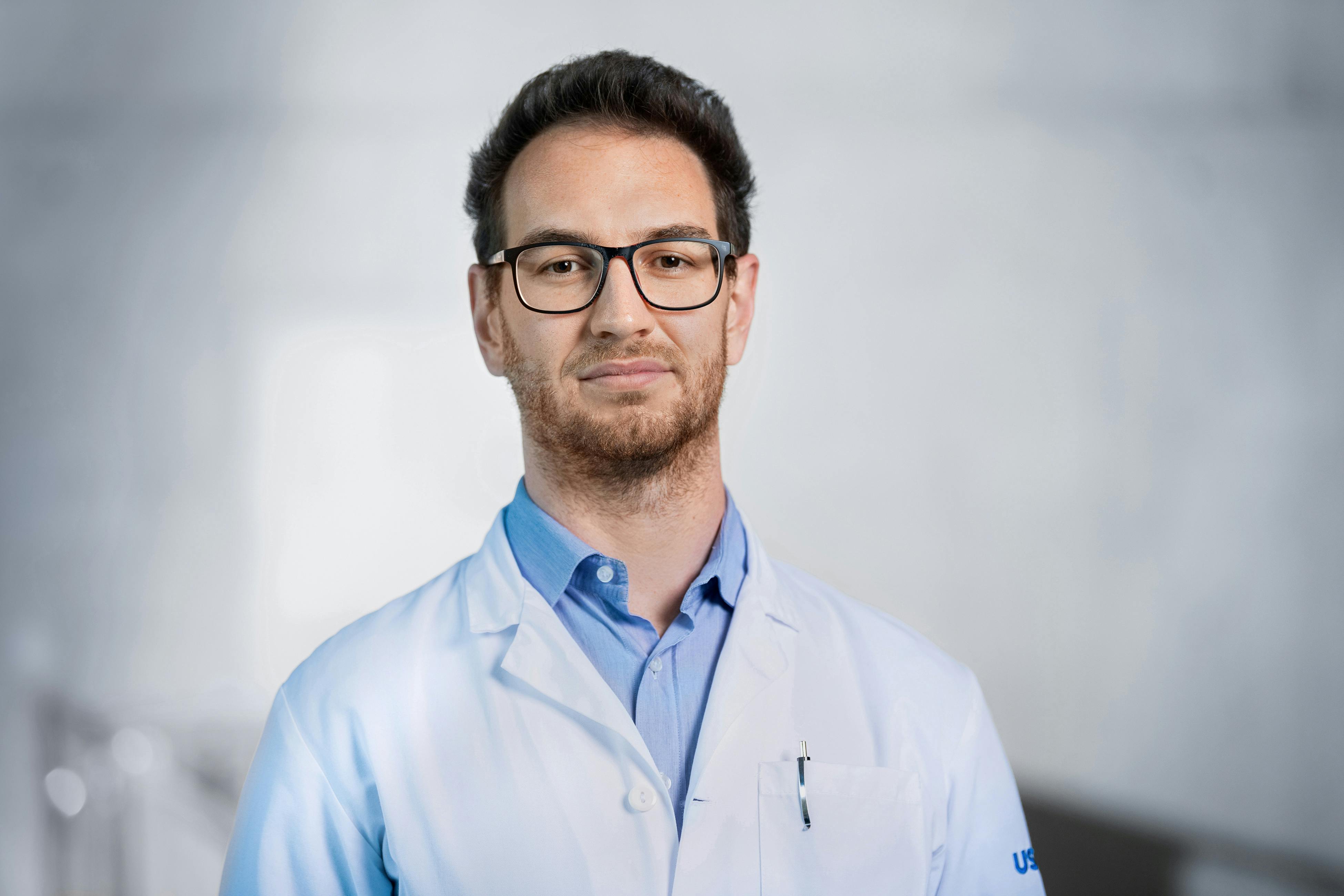
Tobias Wertheimer (Audio file in German)
«We want to open up new options for patients with a recurrence of a cancer that is difficult to treat»
Dr. Tobias Wertheimer is a postdoctoral researcher at the Institute of Experimental Immunology at the University of Zurich.
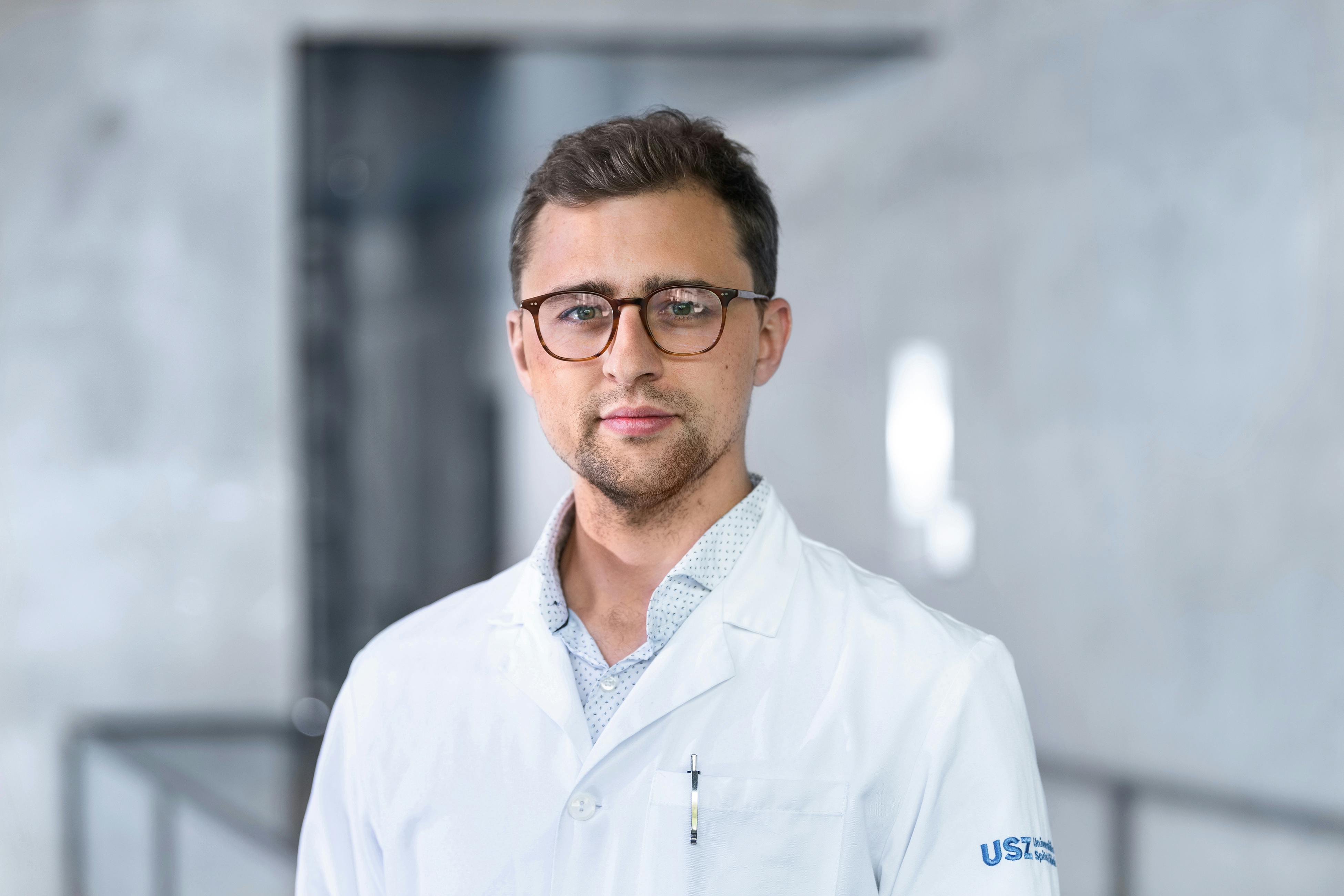
Watch
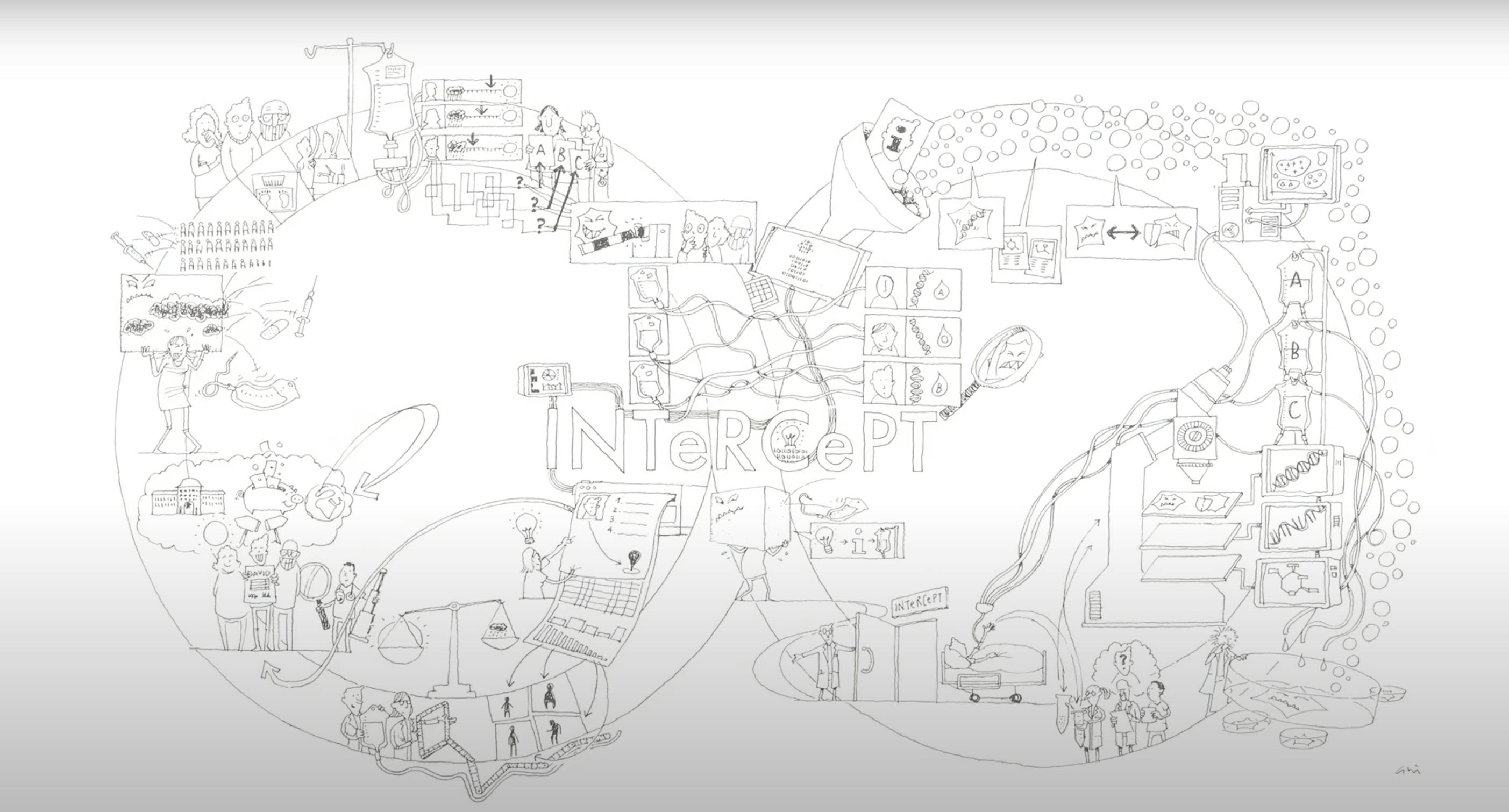
To increase the chances of being cured, the treatment of blood cancer is tailored to the individual patient.
Service
Would you like a second opinion?
Our joint center of excellence Comprehensive Cancer Center Zurich gives you rapid and easy access to our cross-disciplinary oncological expertise.
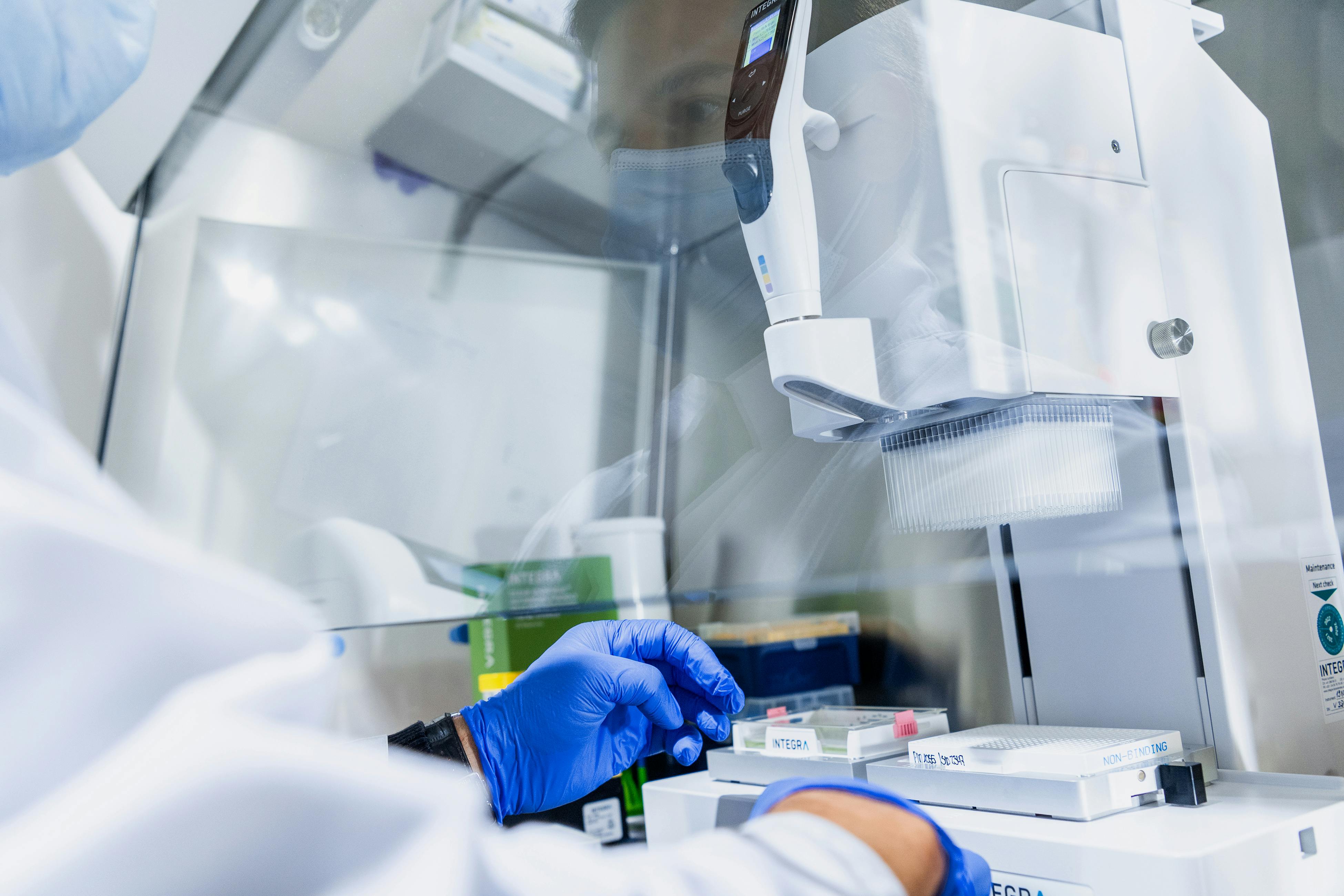
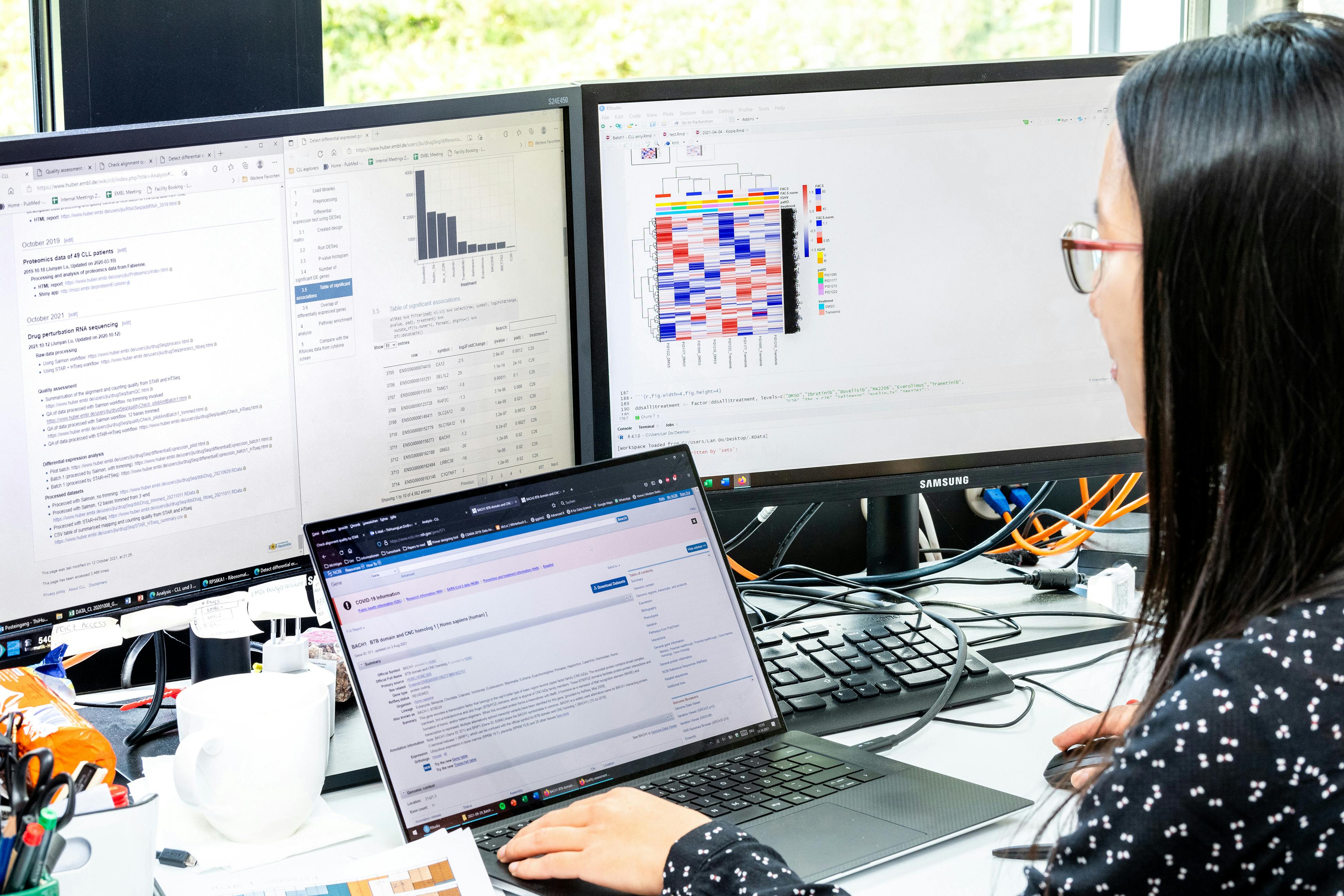
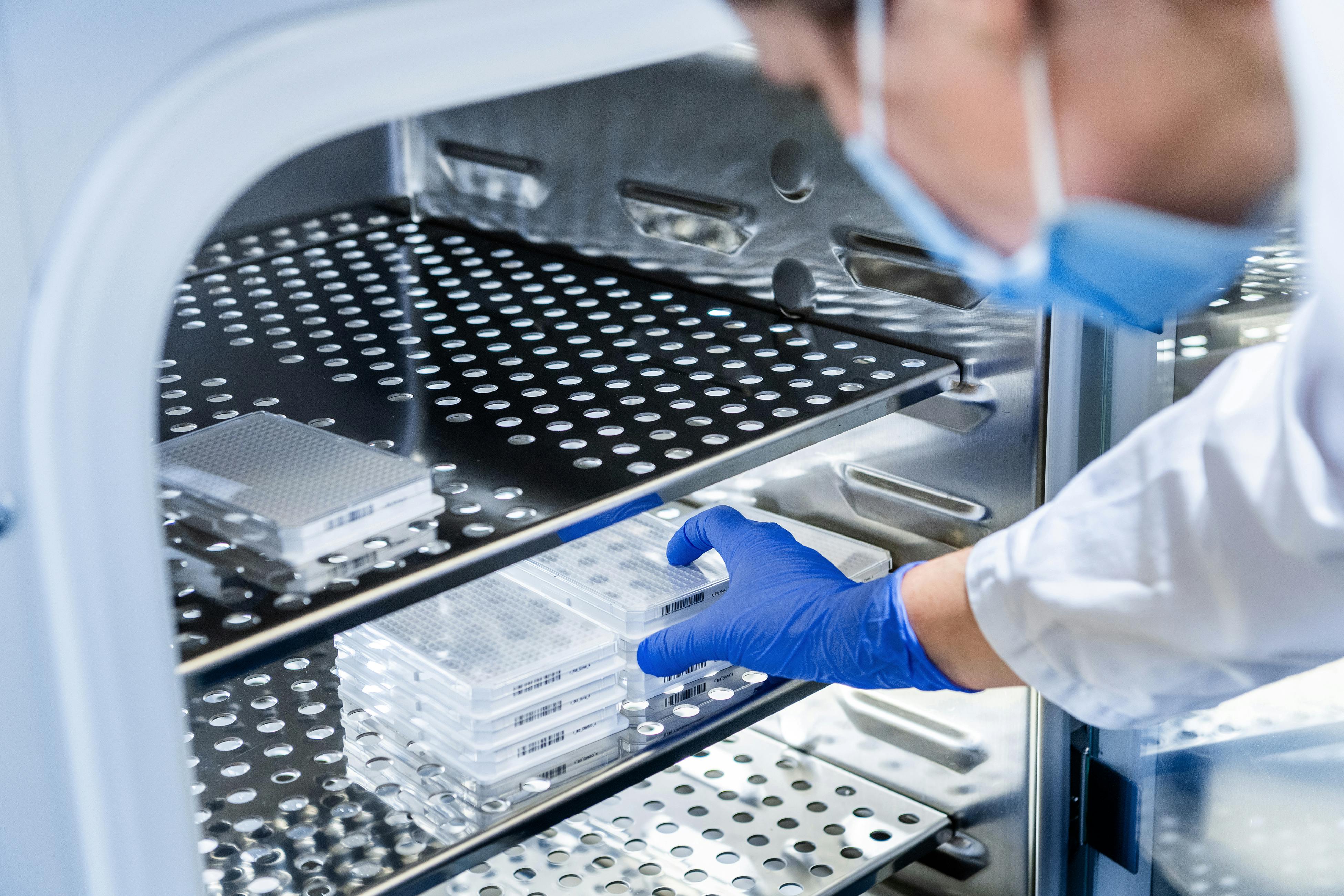




Glossary
Precision medicine (previously known as personalized medicine):
Every person is different. The ways in which we become ill and recover also differ. Alongside our genetic predisposition, factors such as environmental influences, lifestyle, age, gender, and other illnesses also play a role. Precision medicine combines genetic analyses with other technologies from molecular and cell biology, imaging, computing, and data analysis to generate and analyze a full range of patient data. This makes it possible to give a much more accurate diagnosis and to find treatments that are tailor-made for the patient.
Hematology:
The study of blood and its components.
Blood cancer:
Blood cancer is a disease of the blood-forming system that can affect the blood itself, the bone marrow, or the lymphatic system. There are different types of cancer and disease progression.
Leukemia:
This is a type of blood cancer and a collective term for different types of cancer of the blood-forming system and the bone marrow. Precursors of different types of blood cells fail to reach maturity. The uncontrolled accumulation of immature blood cells prevents the healthy blood cells from functioning.
Recurrence:
The reappearance of a disease after a temporary recovery
Biomarkers:
Biomarkers are medically measurable parameters of biological processes that have prognostic or diagnostic significance and are therefore used as indicators for certain diseases, for example. They are characteristic biological features that can be measured objectively and can point to a normal biological or a pathological process In the body. Biomarkers may be cells, genes, gene products or certain molecules such as enzymes or hormones.
Who is co-financing this project? (in CHF millions)
The LOOP Zurich - Medical Research Center
The project funding lasts from 2021 to 2026
Credits
Text and audio: Rebekka Haefeli
Pictures: Frank Brüderli
University of Zurich: Thorsten Zenz, Tobias Wertheimer
ETH: Nora Toussaint
University Hospital Zurich: Thorsten Zenz, Marco Roncador
University Children’s Hospital Zurich,: Jean-Pierre Bourquin
The LOOP Zurich - Medical Research Center: Jens Selige





